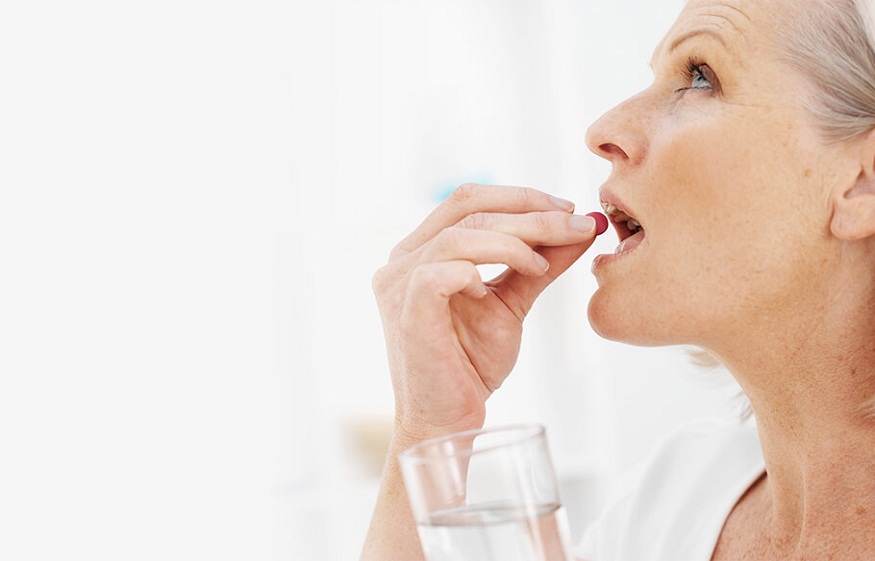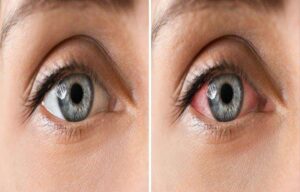Consumption of alcohol or other drugs or gambling: intervening with your teenager
Adolescents may be faced with unfamiliar situations and be tempted by new experiences, such as using alcohol or other drugs or gambling. For most young people, these experiences are short-lived and do not play a major role in their lives. For others, they can become very important.
As a parent, you can help your teen make informed choices about alcohol or other drug use and gambling. You can also intervene if their use or interest in gambling becomes problematic.
Alcohol, drugs and gambling: types of consumption and practice
Experimentation
Just because your teen has used alcohol or other drugs or has been involved in gambling does not mean he or she has a problem. Most people have tried these things, sometimes just out of curiosity.
For most young people, episodes of alcohol or drug use are temporary and will not occupy a large part of their lives. In these cases, the cost, the effect, the fear of consequences and the harm to health are sufficiently compelling for them to maintain control over their consumption.
Occasional use
Some young people enjoy drinking alcohol or other drugs or gambling with friends. They therefore repeat the experience and choose the time of their consumption or gambling sessions and know when to stop at the right time.
Young people who use or gamble occasionally experience few, if any, very negative consequences. This type of use:
does not cause them problems with those around them;
does not harm their studies;
do not cause them problems with the law;
don’t cause them money problems.
Disorders related to consumption or gambling
For some young people, alcohol or other drug use or gambling becomes a major part of their lives. Drinking or gambling becomes their priority. Their social activities, such as parties and socialising with friends, are centred around one or the other of these habits.
These young people experience various problems, whether with their family, friends, at school or at work. A good part of their savings is devoted to the purchase of alcohol or other drugs or to gambling. Over time, they may experience some psychological suffering linked to their consumption or their passion for gambling. The pleasure is then no longer there. They continue to consume and gamble, despite the problems that these habits cause.
To learn more about substance use disorder or gambling disorder or to get help, visit the Help and Resources section
Help your teen make informed choices
Even if your teen does not have a problem with alcohol, other drugs, or gambling, there are things you can do to help your teen make informed choices. For example:
Encourage him to express himself and say what he thinks. Teach him to say “no” when necessary.
Put him in a position of choice: allow him to buy his clothes, manage his pocket money, etc.
Teach him:
to endure setbacks,
to set goals,
to wait to get what he wants,
to accept being told “no” sometimes.
Help him develop his judgment. For example, you can ask him his opinion on a current event, an advertisement, a show he saw, etc.
Teach him how to solve his problems: help him to consider solutions to his difficulties, to choose the one that seems best to him and to apply it.
Value asking for help when needed, for themselves or for others.
Tell him what his qualities are and encourage him to develop them. Support him in his efforts and highlight his successes so that his self-confidence increases.
Help him adopt healthy lifestyle habits in terms of diet, physical activity, sleep, relaxation, etc.
Allow him to engage in hobbies that he feels good about.
Rather than trying to scare him about alcohol, drugs and gambling, help him find relevant information on these topics. Listen to what he may experience and hear on this subject.
Share tips and strategies to avoid using alcohol and other drugs. For example, he can:
Use humor to refuse offers: “No thanks, I’m allergic!”;
Find a friend who doesn’t use. Not being alone in this situation increases your ability to resist influence;
Suggest an alternative activity or compromise instead of consuming. An example: going to the cinema or playing a sport.
Inform him objectively. This will make it more likely that he will believe you and maintain the bond of trust between you.
As a parent, the role you play with your teenager is crucial. Your relationship with him is different from the one he has with his friends.
Limit the risks of consumption at home
Some products found at home can pose health hazards if used incorrectly or consumed intentionally.
Medicines
Be careful about the medications you have in your home. A substance used by one person may be dangerous to another person due to a variety of factors, including their weight, age, health, or other medications they are taking. If you have questions about a specific medication, ask a pharmacist.














Post Comment
You must be logged in to post a comment.